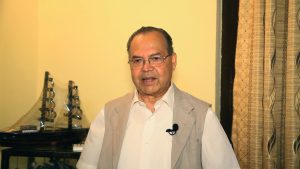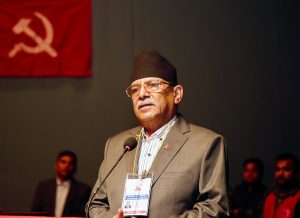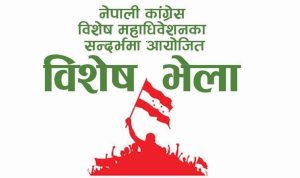A sensitive legal issue that remained unresolved for over four years finally concluded late Wednesday night. The Supreme Court endorsed the appointments of 52 officials to constitutional bodies made by the former government led by Prime Minister KP Sharma Oli, ending a prolonged period of uncertainty. However, this decision has reignited debate in Nepal regarding the impact and accountability of the country’s delayed justice system.
Supreme Court’s Majority Verdict and Judicial Opinions
The constitutional bench of the Supreme Court delivered a majority verdict to uphold the appointments made without parliamentary hearings, following the constitutional council meeting amid the 2077 BS (2020-21 AD) parliamentary dissolution. Several petitions challenging these appointments were filed, and the Supreme Court took over four years to reach a final verdict.
Chief Justice Prakash Man Singh Raut and Justice Nahakul Subedi expressed the opinion that these appointments were unconstitutional. Conversely, Justices Sapana Pradhan Malla, Kumar Chudal, and Manoj Sharma deemed the appointments lawful and supported the majority ruling.
Justice Sapana Pradhan Malla issued a dissenting opinion, expressing regret that the Supreme Court took more than four years to decide on such a critical matter.
She wrote, “Delivering justice is not only about reaching a conclusion but doing so in a timely manner.” She emphasized that the delay adversely affected the effectiveness of constitutional bodies and diminished public confidence in the judiciary.
Calls for Parliamentary Hearings and Broader Implications
Justice Malla also recommended that current officeholders undergo parliamentary hearings. Given that both the House of Representatives and National Assembly are functional, she stated that the parliamentary hearing process should begin within 45 days. She further suggested that office terms and oath-taking should be recalculated accordingly.
While the Supreme Court’s ruling resolves legal uncertainty, it raises serious questions about procedural transparency, timely decision-making, and public accountability. Delayed justice weakens constitutional institutions and undermines public trust. The Parliament now bears the responsibility to ensure constitutional processes are transparent and accountable.






